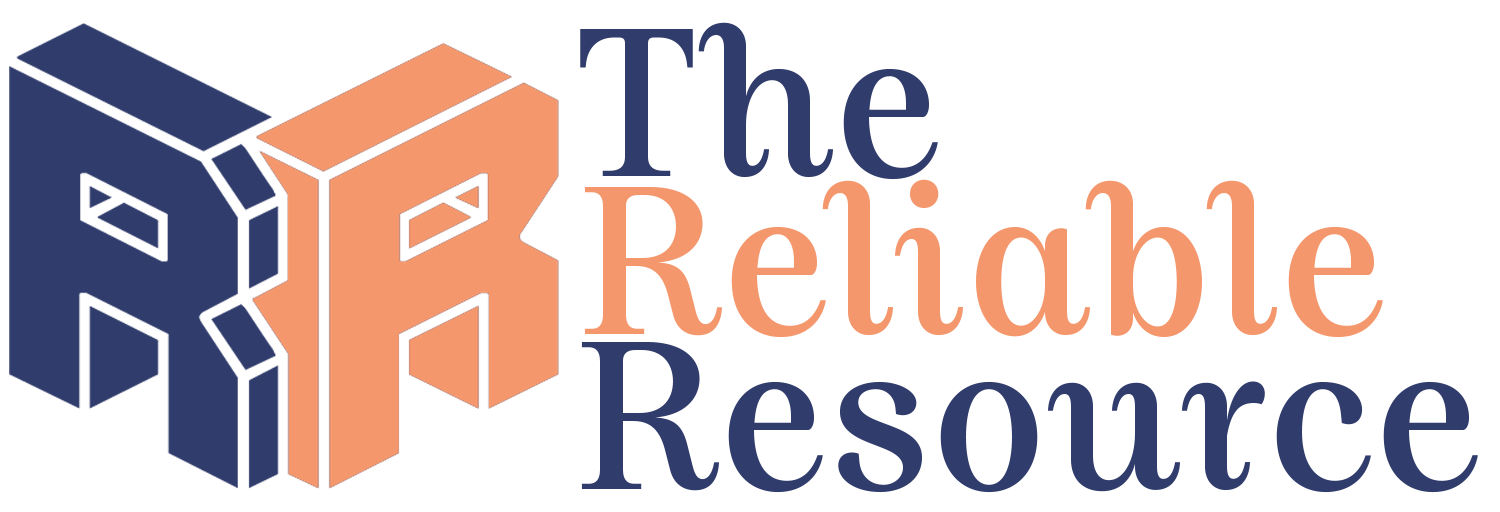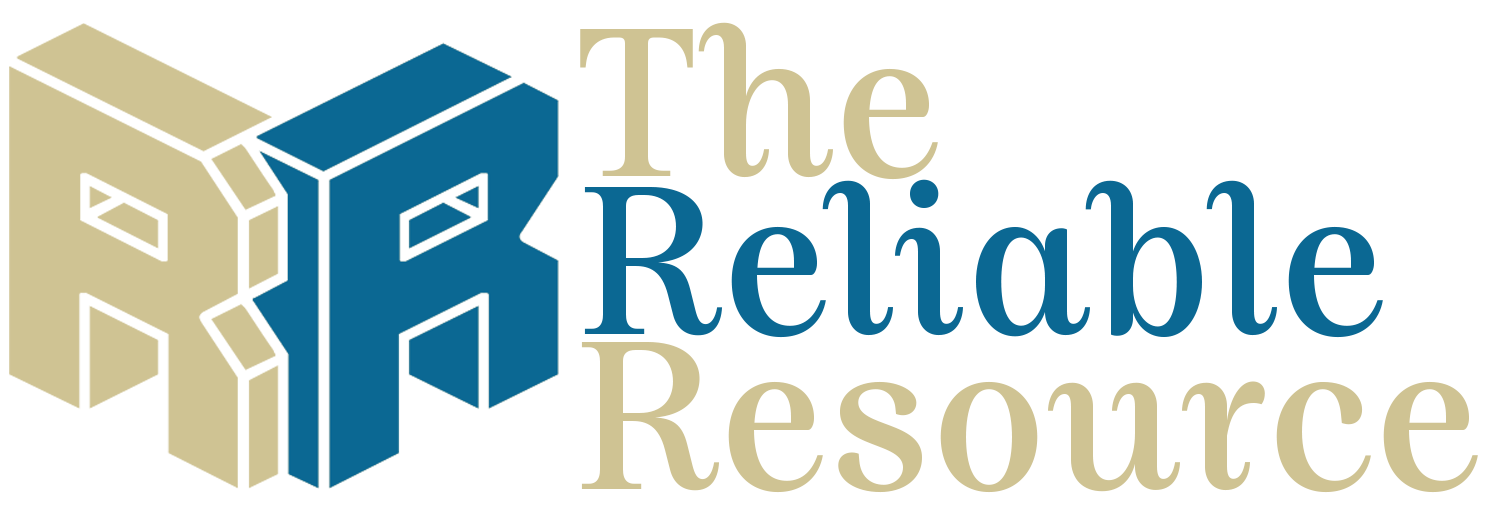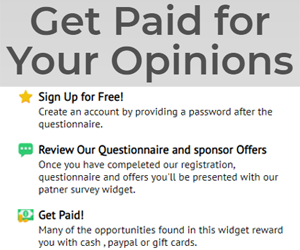Credit counselors can be certified and specialize in different areas, and agencies may offer various services. While credit is in the name, they aren’t all focused on your credit reports and FICO Scores. The most common services can help you:
- Create a realistic budget: Work with a credit counselor to review your income, debt and create a workable budget. These are often one-on-one sessions and a popular way to get started with a credit counselor.
- Work on your credit: If you want to work on your FICO Scores, a credit counselor may review your credit reports before explaining what’s impacting your credit and offering personalized advice. Over 100 counseling agencies are part of the FICO® Score Open Access for Credit and Financial Counseling program, which lets counselors share FICO Scores with clients for free.
- Pay off credit card debt: One of the core services that many credit counseling agencies offer is a debt management plan (DMP) for people struggling with unsecured debts (primarily, credit card debt). The credit counselor can negotiate with your creditors and potentially get fees waived, bring past-due accounts current, and lower your interest rates or minimum payments. You’ll then make a single payment to the credit counselor, who will distribute the money to your creditors. Generally, a DMP leads to paying off the debts within three to five years.
- Understand and file bankruptcy: If you’re buried under debt and don’t see a way to get out, a counselor might explain the bankruptcy process and offer guidance. Additionally, to begin and complete a bankruptcy filing, you must take pre-bankruptcy and debtor education courses from a counseling agency that’s approved by the Office of the U.S. Trustee.
- Get home ownership-related assistance: Credit counselors may also provide several home ownership-related services, such as programs for first-time homebuyers. The U.S. Department of Housing and Urban Development (HUD) sponsors counseling agencies that offer reverse mortgage and foreclosure avoidance counseling.
- Manage your student loans: Get help understanding your options for federal and private student loans, including forbearance, deferment, forgiveness, and income-driven repayment plans.
- Improve your financial educational: Additionally, many counseling agencies offer free educational material, including guides, interactive tools and webinars.
Although an initial introduction call or debt and budgeting session may be free, there’s often a fee for the other services. However, the fees are generally low and can sometimes be waived based on a client’s financial situation.
(What Services Do Credit Counselors Offer?)
Who Should Work with a Credit Counselor?
People often turn to credit counselors when they’re having trouble with their finances. Perhaps they’re struggling with credit card debt or can’t figure out how to manage their loans. Or, they’re considering filing for bankruptcy or getting a reverse mortgage and may need to meet with a credit counselor to complete the required coursework.
However, there’s no income requirement — you could be making six figures and still be overwhelmed by debt and looking for help. You also don’t necessarily need to be struggling to benefit. Having a certified counselor go over your finances and credit to offer you personalized advice could be a preventative step that helps set you up for success.
Will Credit Counseling Impact my FICO Scores?
The fact that you are working with a credit counselor may be reported to the credit bureaus by a lender. That notation itself will not impact your FICO Scores. However, if arrangements are made with a lender where a portion of what you owe is reduced or eliminated, that “partial payment settlement” will likely be reported to the credit bureaus and is considered negative by a FICO Score.
The closing of credit card accounts may also negatively impact your scores.
How Can I Find a Reputable Credit Counselor?
Some credit counseling agencies focus on working with clients in a specific city or area, while others offer nationwide assistance. Depending on the agency, you may be able to work with a counselor in-person, over the phone or online.
You could start by looking for an agency that’s part of the FICO Open Access program (like Operation Hope) or is a member of National Foundation for Credit Counseling or Financial Counseling Association of America. Additionally, nonprofit and government agencies, including universities, credit unions, and military bases, may offer credit counseling services to members. It is important that you research these counselors thoroughly before signing up for their services.
While most reputable credit counseling agencies are nonprofits, you still want to be wary of counselors who push you into a program or charge high fees. Use the first meeting or introductory call as a chance to figure out if the counselor will be a good fit or if you should look elsewhere.
Have you Always Wondered About Stocks, but Didn’t Know Where to Start?






